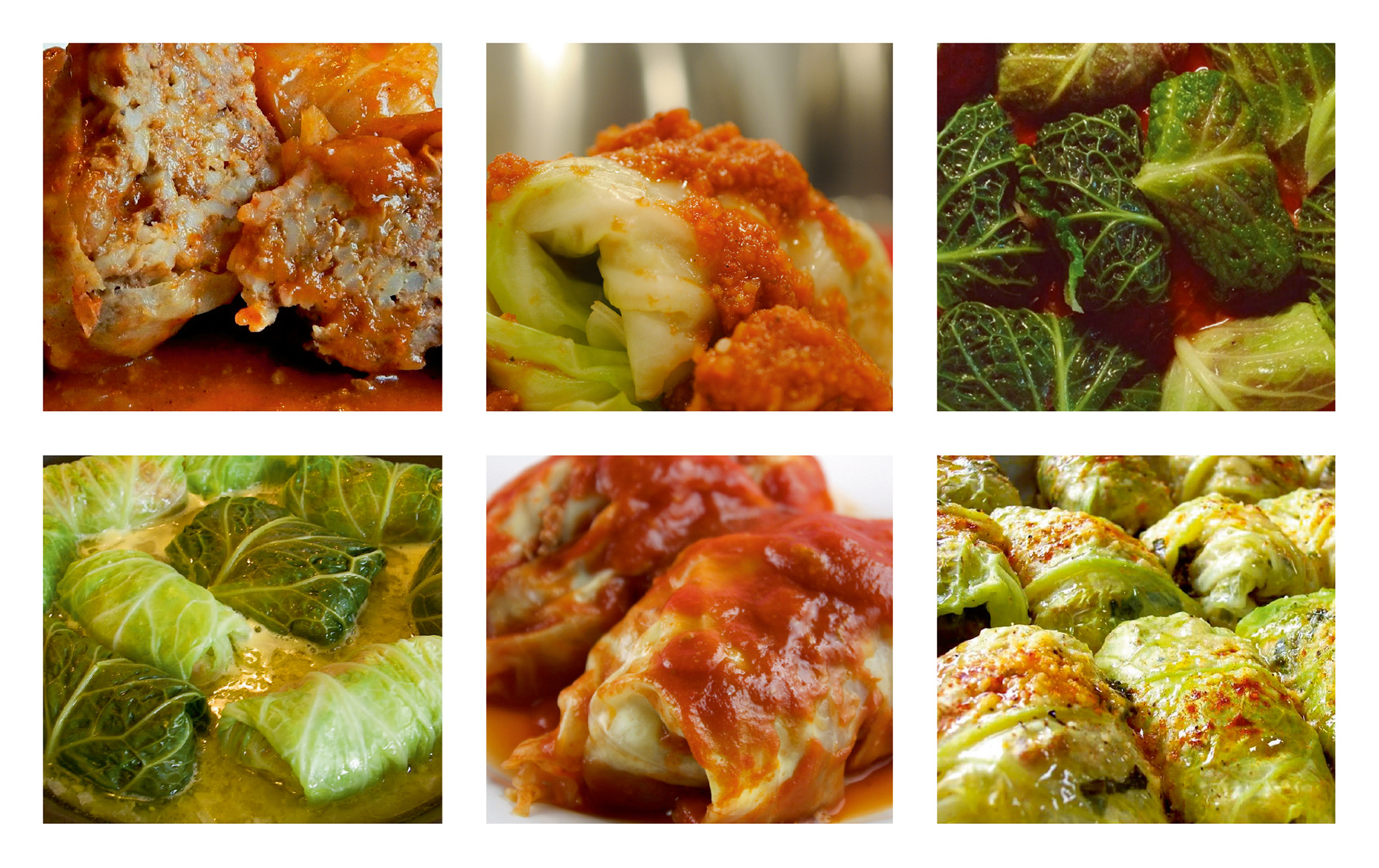Ingestion / Farcical Farces
The stuff of friendship
Allen S. Weiss
“Ingestion” is a column that explores food within a framework informed by aesthetics, history, and philosophy.

Sometimes an olive is just an olive. Those, Kalamata in nature, that served as an appetizer in the shaded courtyard of an ancient building a few steps from the Seine, I ate in all innocence, which is usually the case with olives. However, the fact that the brut prosecco from Asolo that was poured alongside bore the fanciful name “Ca’Zen” I took to be an allusion, for I had recently published Zen Landscapes, and my host (as well as chef, sommelier, and master of ceremonies), Emmanuel Giraud, is a virtuoso of suggestion and connotation, revival and rememoration. In a preface I had recently penned, I had characterized Giraud as “Dottore in golosità, professional sybarite, epicure, hedonist, gastronomic Prospero,” insisting that, “I cannot but henceforth address this gourmet-performer as hypocrite mangeur, mon semblable, mon frère.”[1] It was a late June evening, the eve of my departure to Nice, and as we climbed the stairs to his apartment, the conversation began to resonate with gastronomic complicity.
The prosecco was transmuted into champagne, and the first course was not long in coming: stuffed zucchini flowers.[2] Such fleurs de courgettes or fiori di zucca—a dish found from Provence through southern Italy—are particularly enjoyed in Nice, and I could only take the gesture as a delicate means of sending me off for a month beneath the palms. The second dish was equally evocative of my destination: stuffed squid.[3] Giraud well knew that my most cherished gastronomic tale is Maryline Desbiolles’s La seiche, an autobiographical novel that takes place in a village north of Nice, in which the chapters are each introduced, and allegorized, by a stage in the preparation of a stuffed squid.[4] At this point in the meal I began to realize that I was witness to—and part of—a master narrative. But I did not yet know that it was my own!
Emmanuel Giraud’s gastronomic performances depend on equal measures of gourmandise (where it is clear that le savoir augmente la saveur, knowledge improves taste), excess (if one can speak of the “measure” of excess), and rememoration (which is essentially a form of forgetting, since each and every memory is a screen that dissimulates endless past experiences).[5] In one of his most memorable performances, Devenir gris (Montpellier, 2009), he created a contemporary version of Grimod de la Reynière’s dîner funèbre, the 1783 all-male funerary dinner at which the guests had been served an entirely black meal—a keystone in the history of French gastronomy made even more famous through its reimagining by Joris-Karl Huysmans in À rebours (1884), the “bible” of fin-de-siècle decadence.[6] Grimod revisited by Huysmans staged by Giraud. But for Giraud, the proof is not simply in the pudding (figuratively and literally speaking, as pudding was one of the dishes on Huysmans’s menu), nor even in the excess (though excess there was in this performance, quantitatively and qualitatively), but essentially in the retrospection, for some time after this dinner theater (the diners were, most self-consciously, also performers) each diner was asked to recount his memory of the meal. The first I heard of Giraud’s performances was when I was invited to participate in Devenir gris, but unable to do so, I—who knew by heart the various versions, literary and culinary, of Grimod’s celebrated meal—spent years trying to imagine what I missed. I suspect that my account of this missed occasion would be no less rich than the tales of those who attended.